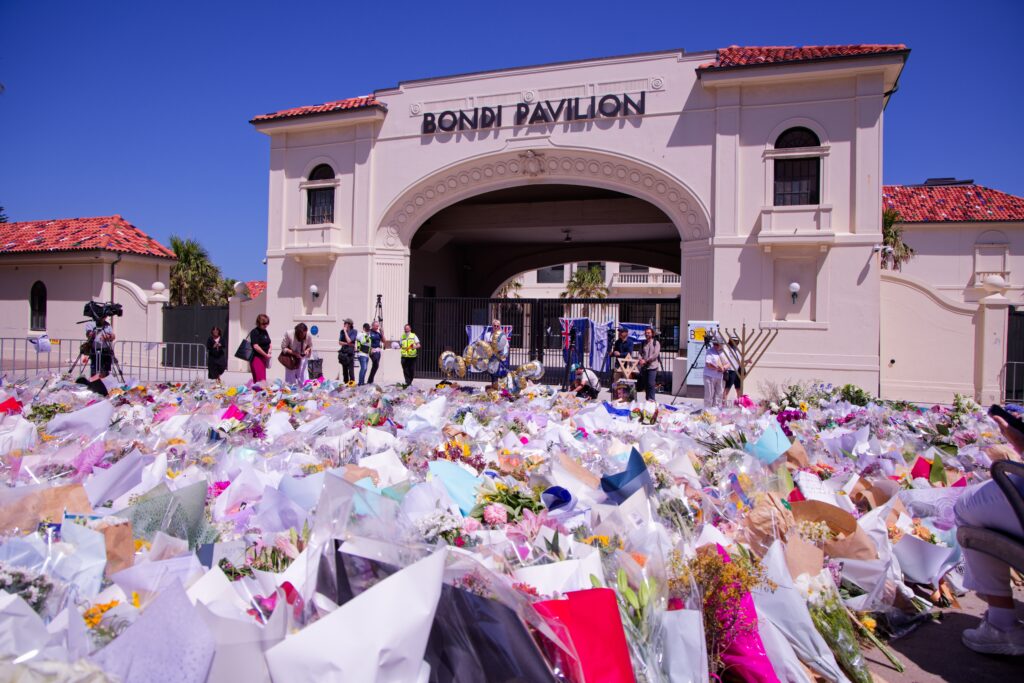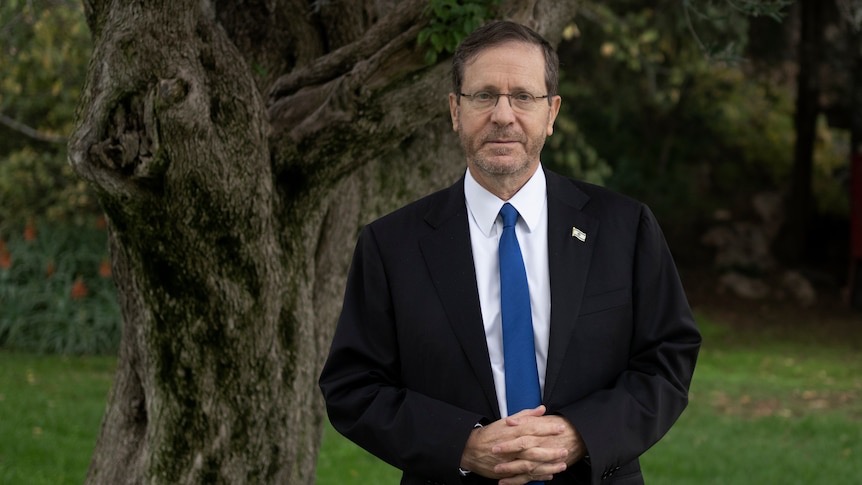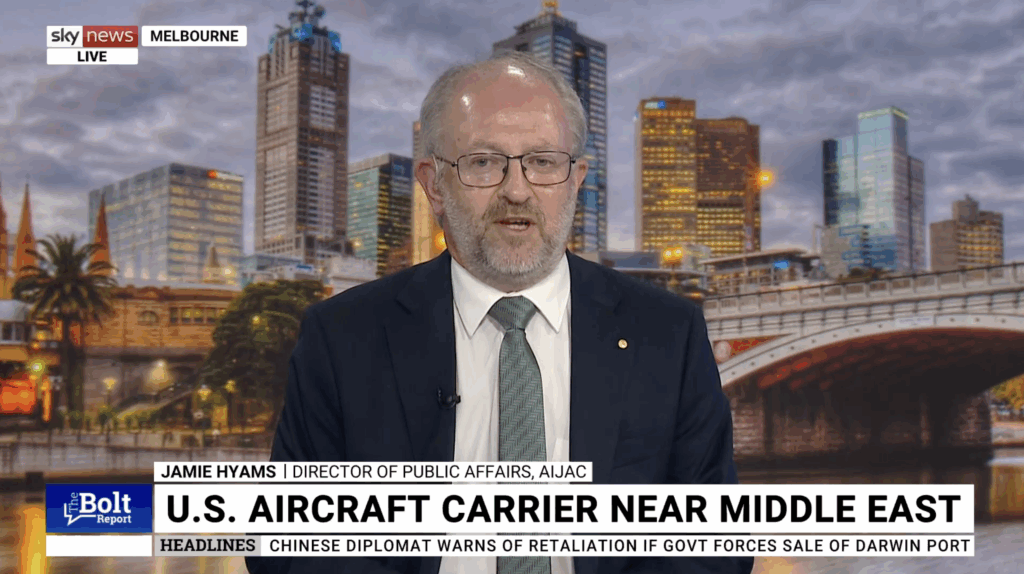MEDIA RELEASES
AIJAC disappointed with Prime Ministers’ statement on Rafah that appears “divorced from reality”
February 15, 2024 | AIJAC

The Australia/Israel & Jewish Affairs Council (AIJAC) today expressed its appreciation for calls for Hamas to lay down its arms and free the hostages in today’s joint statement from the Prime Ministers of Australia, Canada and New Zealand, but also said it was disappointing the statement’s comments expressing “grave concerns” regarding Israel’s planned military operation in Rafah betrayed a “disturbing lack of realism.”
AIJAC Executive Director Dr Colin Rubenstein said, “We are pleased that the statement acknowledges that under any permanent ceasefire, Hamas must lay down its arms and release all hostages immediately.
“The PMs also quite rightly called for a negotiated ultimate political solution, to achieve lasting peace and security. However, this can’t happen while Hamas, dedicated to Israel’s destruction, retains power in Gaza – which it would if the statement’s advice regarding Rafah prevailed.
“Hamas has made it abundantly clear that it will not lay down its arms and release all hostages if given the choice. It has also made it clear that it intends to keep control of Gaza, and to rebuild its military capacity and attack Israel again when it is able.
“These obvious contradictions in the statement by the three PMs make it appear disappointingly divorced from reality.
“The statement also fails to acknowledge that Israel is currently delaying its plans to attack Rafah so it can implement a mass evacuation plan precisely to avoid the devastating humanitarian impact the PMs fear, and that Israeli leaders have repeatedly said they will not launch a ground invasion without such a plan. It further fails to acknowledge that Rafah is the last bastion of Hamas, with four divisions holed up there, together with the Hamas leaders and their Israeli hostages, and is also being used by Hamas to intercept much of the humanitarian aid entering Gaza.
“Thus, the statement inadvertently reinforces the notion that terrorist groups should be free from repercussions from their barbaric actions as long as they have civilians to hide behind – which has nothing to do with what international law actually says. It will thus encourage continued use of that heinous tactic by Hamas and potentially other terrorist groups.
“The only way to disarm Hamas and to prevent it from scuttling any future hope for a political solution is to decisively defeat it, and that will only happen if Israel does conduct a military campaign in Rafah – or the threat of such a campaign forces Hamas to lay down its arms. The PMs need to decide whether they want Gaza and Israel to have a future free of Hamas on which a two-state resolution can be built or whether they want Israel to refrain from attacking Rafah even after making and implementing a detailed plan to evacuate civilians from there. Trying to have it both ways reflects a disturbing lack of realism,” Dr Rubenstein concluded.





